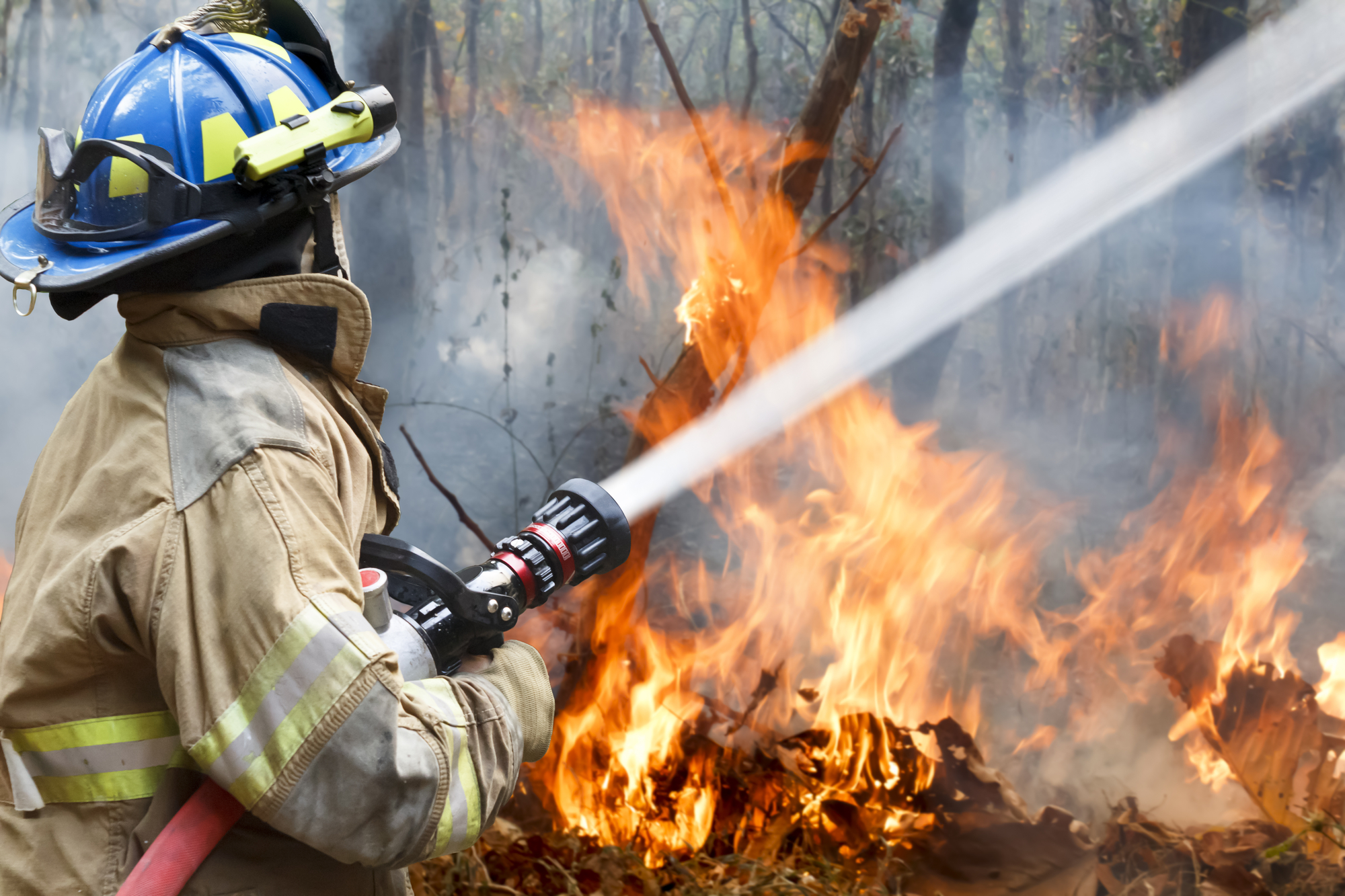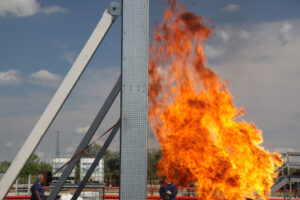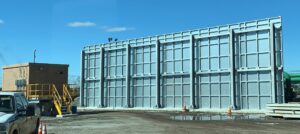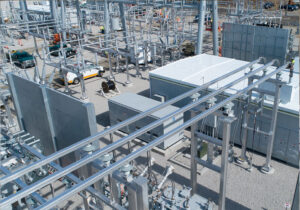Both active and passive fire protection is crucial when it comes to saving lives. Not only will people and property be secure, but they also have several other advantages. From preserving our environment to supporting critical infrastructure protection, fire barriers, and other fire protection systems are part of the foundations of security and safety worldwide.
When it comes to environmental protection, fire barriers specifically play a major role. The methods in how fire barriers prevent the spread of fires is a very important component in environmental protection.
In this article, we talk about the importance of containing fires and how fire barriers make this possible.
Waste Water
In most cases, firewater runoff has been known to cause more damage than fire. One well-known calamity was a fire that happened in the Sandoz chemical warehouse in Switzerland in 1986. It is reported that spies caused it. The runoff spilled into the Rhine river and caused major devastation. A considerable number of eels were killed and the water changed color. Even though there were still eels in the water, they were much too toxic to eat for several years.
In the case of substations, there are usually rows of transformers that are filled with oil. If a transformer catches fire that oil can burn for a considerable amount of time. In several substation setups, the transformers are protected with either sprinkler systems or fire stopping foam. These methods can be very problematic if the substation is located near a waterway. The water runoff will spill hazardous chemicals and pollute the water. Fire fighting foam has also been designated a carcinogen and has actually been banned in California.
With the use of a fire barrier in between transformers instead, the oil simply will burn off and the fire will eventually go out, while the surrounding transformers will remain intact and undamaged. This method is a lot more environmentally friendly especially for substations located near waterways like lakes and rivers.
Chemical Fires
When a fire breaks out, both active and passive fire protection will play a vital role in preventing the spread of fire. In the case of facilities that store chemicals, it is very important to ensure that fires to not spread to areas where volatile chemicals are stored.
The level of fire hazard risk is determined by what kind of chemicals are stored in the facility, but it is still important for non-volatile chemicals that could become pollutants. A fire barrier will ensure not only that these chemicals do not catch fire, but that these chemicals do not spread into the environment or explode.
Wildfires
Fire protection could directly protect the environment. One of the things that can cause significant devastation to the world we live in is a wildfire. In the United States of America, there have been many cases of wildfires lately on the west coast. Some have lasted weeks. It is believed to be caused by transformers that were damaged by terrible weather that were located near woodlands. The power cables fell and caused the fire to spread fast to regions near California.
Since the power cables can’t be enclosed in a box, fire barriers can assist in the prevention of the fire from spreading, and fire detectors could ensure emergency services respond fast. Fire barriers are efficient when it comes to stopping wildfires from spreading and keeping buildings safe.
Even though the environmental factor of fire safety has been overlooked, it is becoming more recognized as a crucial aspect. More and more people are realizing that protecting our environment is important. The first step to preserving the environment in your facility setup should be using a fire barrier system from DuraBarrier USA. Fire barriers are an essential tool that are being used more often instead of water sprinklers and foams to protect the environment.
DuraBarrier USA
75 Main St, Manasquan, NJ 08736
732-232-2100




